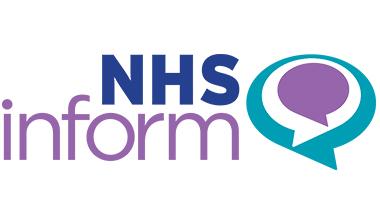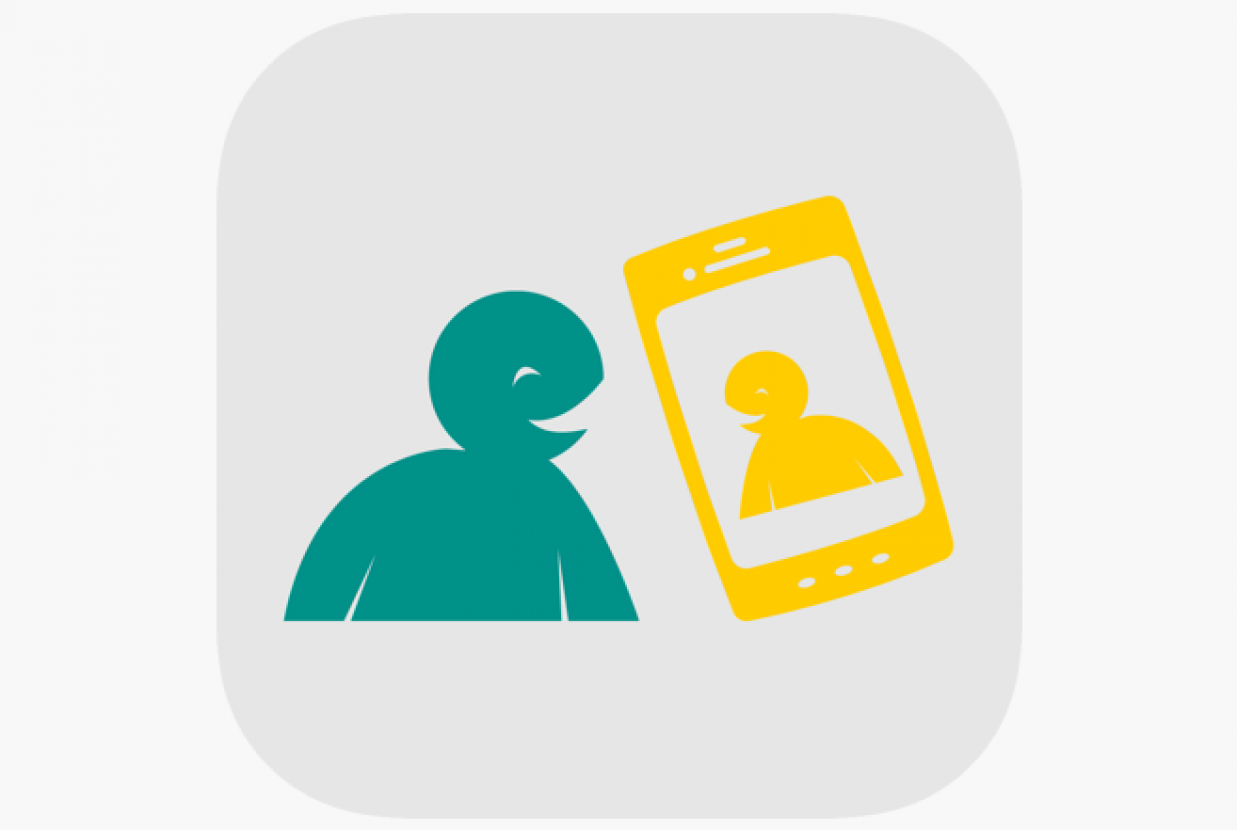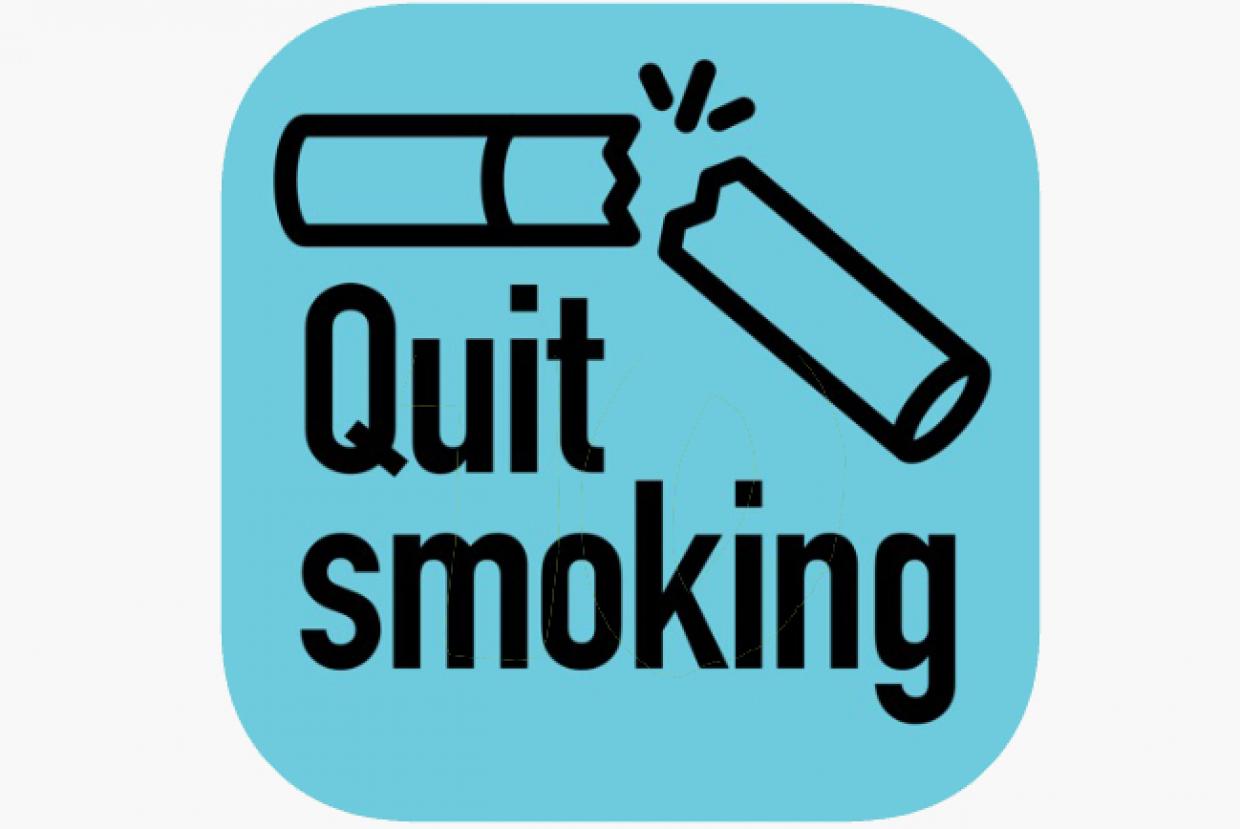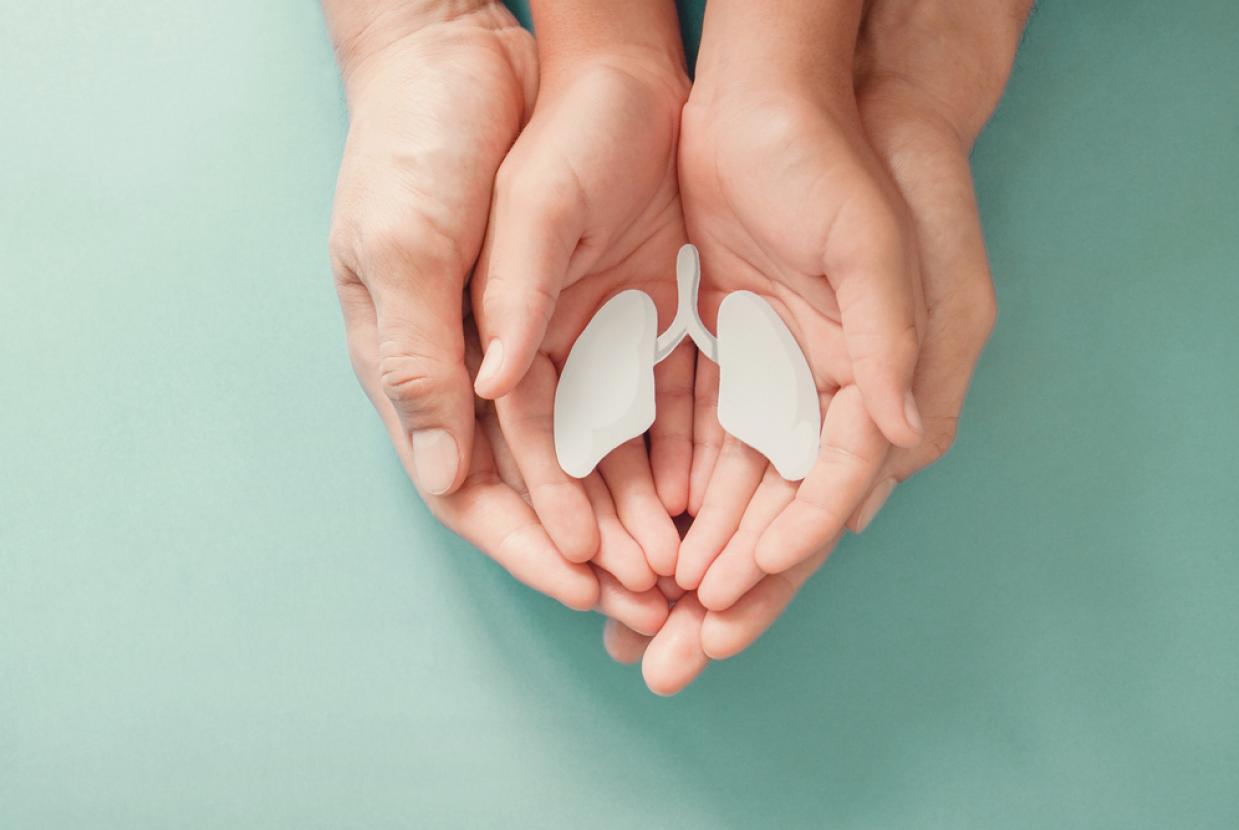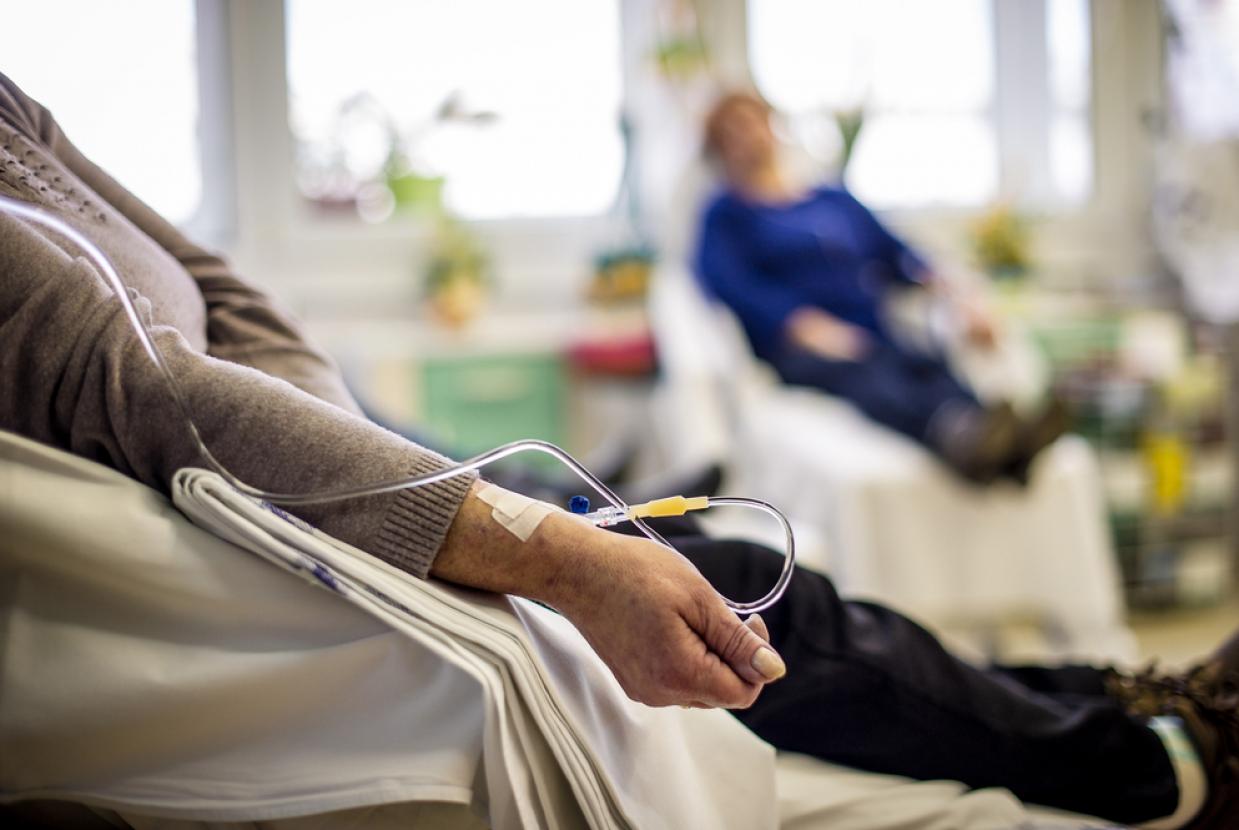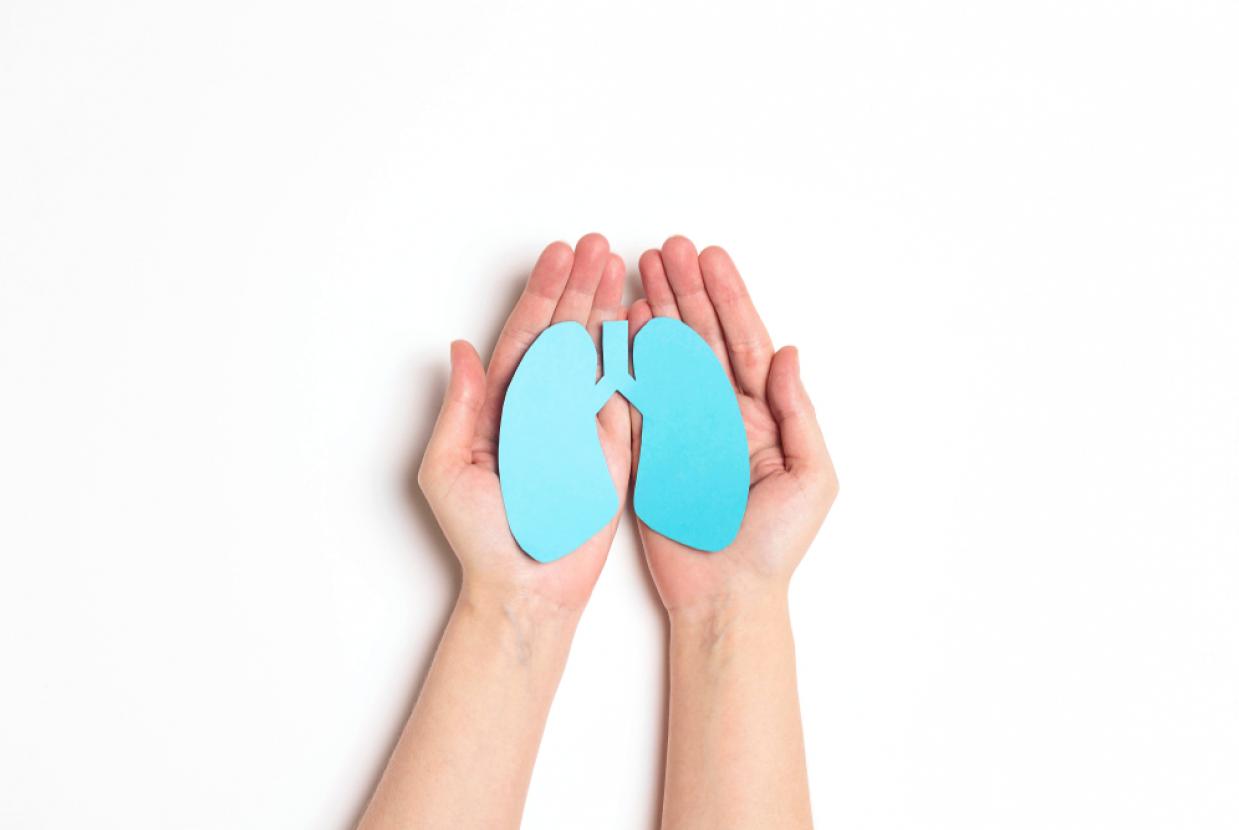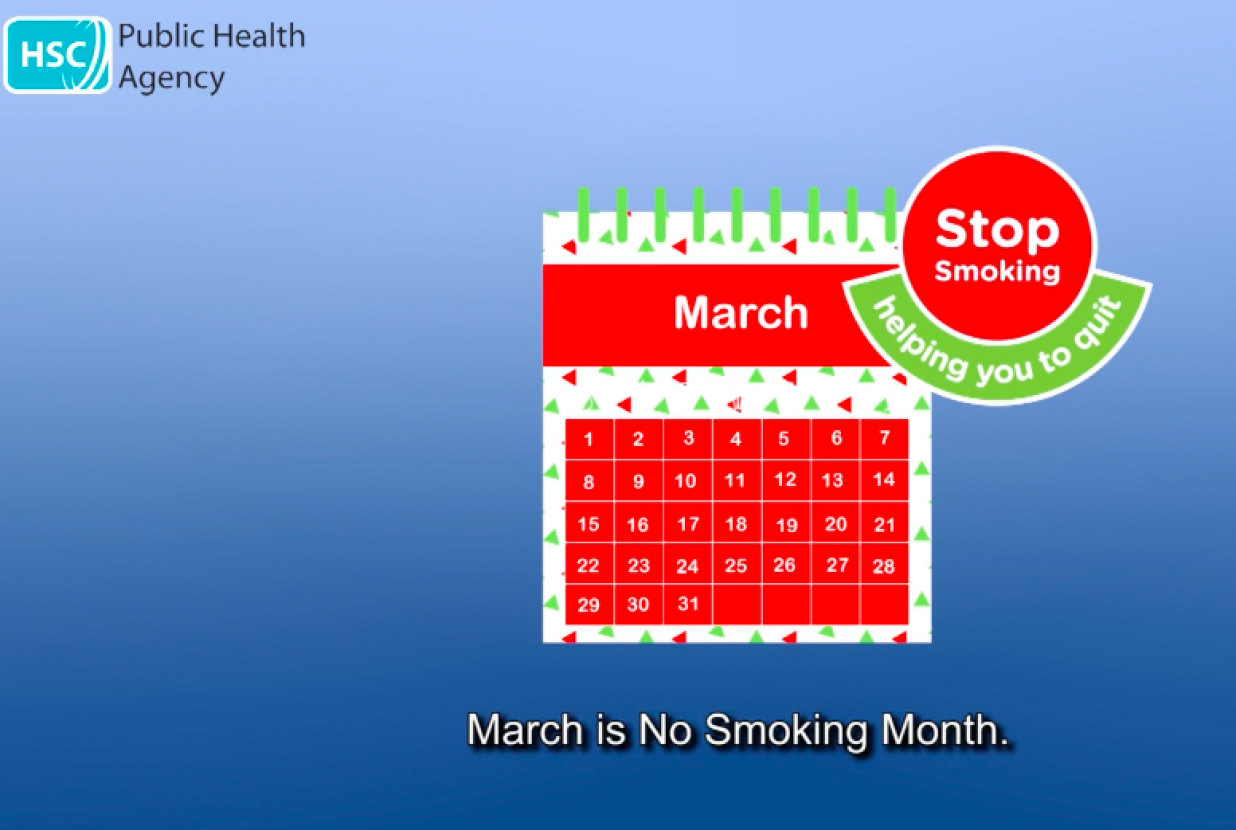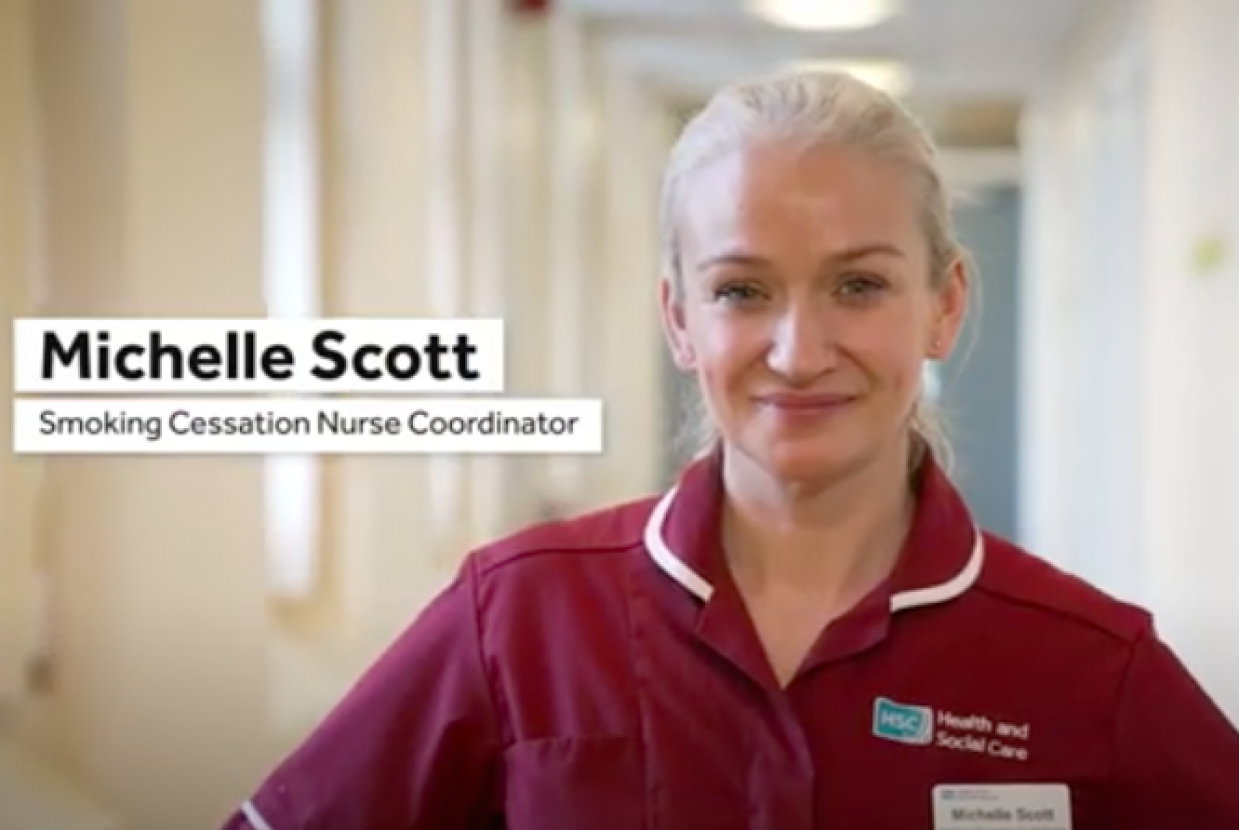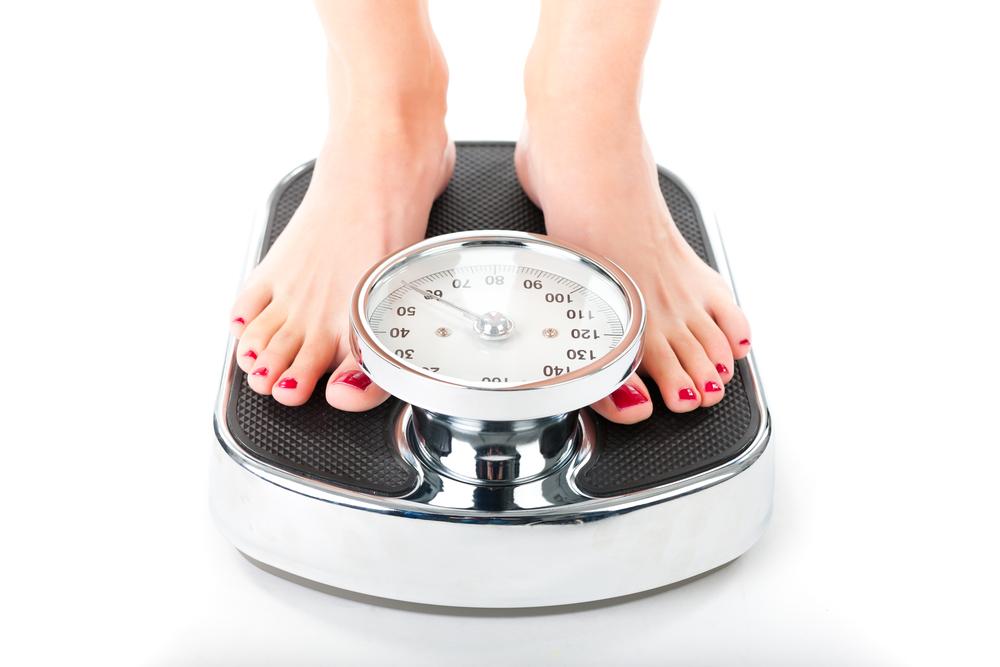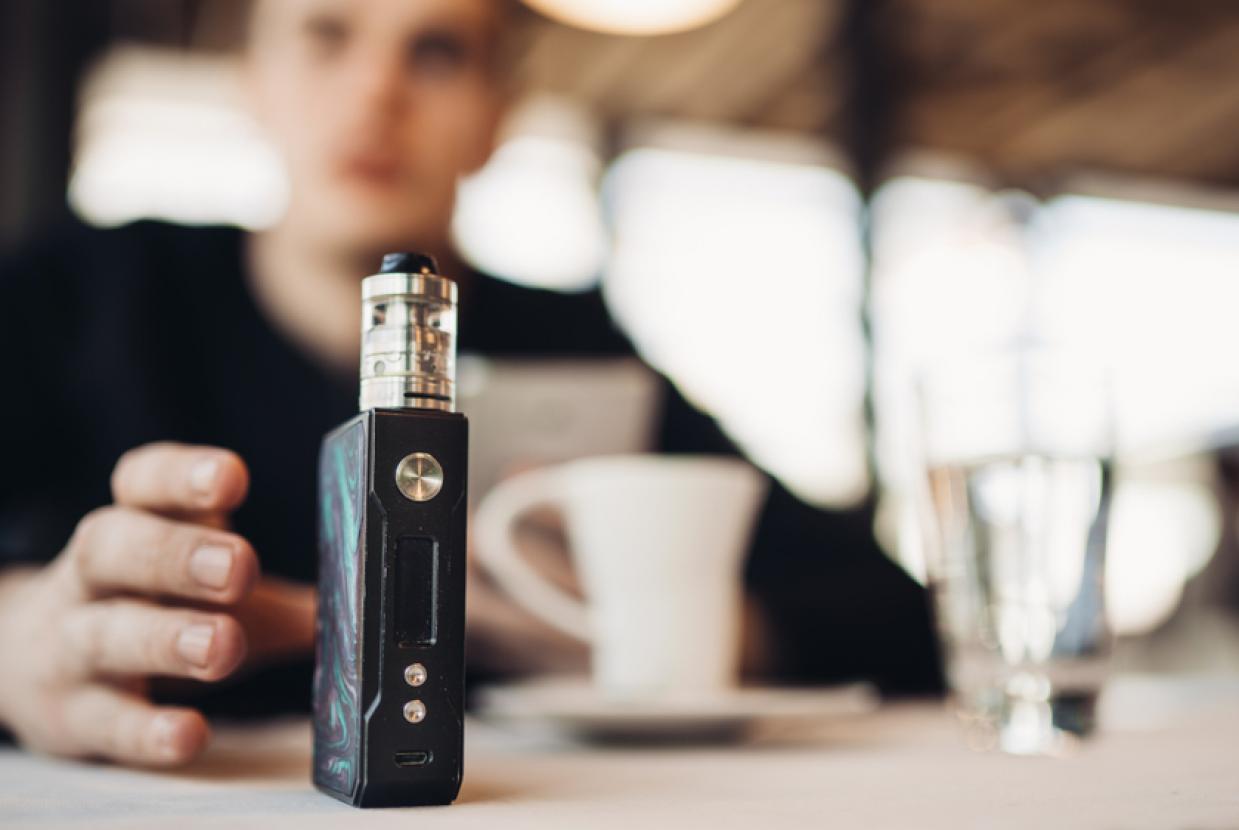Getting Ready To Stop
Preparation is key to successfully stopping smoking. Your plan will be a mix of things that work for you, including:
- thinking about why you smoke
- focusing on how to manage situations in which you used to smoke
- thinking about your reasons for stopping
- setting a quit date
- medication
- support from friends and family
Understanding why you smoke
Some people start smoking in their teens, maybe because their friends smoke, or because they want to look grown up. For others it could be during college or university, starting a job or being in a social circle where everyone smokes. Alternatively, you could have started for no clear reason at all.
This is why it's important to understand why you started smoking and the reasons you still smoke. What introduced you to smoking then might not be a part of your life now. This can help you prepare for those moments when you might miss smoking, and deal with withdrawal symptoms and cravings.
Planning
You’re more likely to be successful in your attempts to quit smoking if you plan ahead. This includes preparing and working towards a specific quit date.
Some people find it easier to quit smoking when they’re away from their normal routine on holiday. It's important to pick a day, mark it on the calendar and start your quit attempt then for the best chances of success.
If you stop smoking for just a month, you’re already on track to stopping smoking for good. Pick a time when you aren't too stressed. Take one step at a time, give yourself small goals, and don’t think too far ahead.
Tell your friends and family the day you've chosen to stop smoking. Letting them know your plans allows them to help you to stop.
Think about how you’ll deal with tempting situations and what you’ll say if a friend, relative or colleague invites you to have a cigarette. You could say, “No, thanks, I don’t smoke,” or “I’ve given up!”
Medication
Nicotine is addictive, and willpower alone might not be enough. Give yourself a better chance of success by using stop smoking medication.
It’s much better to use stop smoking medication along with intensive support such as group or 1 to 1 support, than to use medication alone. You're much more likely to succeed with the help of nicotine replacement therapy and the support of a local smoking cessation group.
If you're taking any other medication, you must speak to the health professional who provides your prescription. This is to ensure they monitor your medication levels during your quit attempt.
Think about what you'll gain by stopping
The desire to stop smoking for good can be a great source of motivation. Make sure you've the right support in place to help you stop successfully. Move from thinking about why you smoke, to focusing on becoming a non-smoker. Everyone has personal reasons for wanting to quit. Maybe you:
- are trying to get pregnant
- want to get in shape
- are going into hospital
Think of your top 3 reasons for quitting, write them down and put them in a place where you'll see them every day – perhaps on your fridge, saved on your phone or in your wallet. This can be a great motivator, reminding you why you wanted to quit in the first place.
Think about the financial, physical and health benefits you'll get from stopping smoking. You could keep a diary to track your progress. This could record how long you've gone without a cigarette, how much money you've saved or improvements you've noticed in your health. This will help to keep you motivated during your quit attempt!



